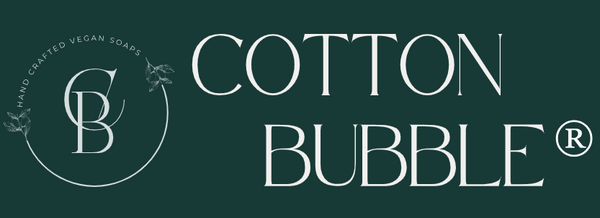Argan Oil Antioxidants: Better for Your Skin Than Your Hair

If you’ve heard of argan oil, chances are you picture glossy hair ads promising frizz‑free, silky strands. But did you know that the real science behind argan oil might actually favor your skin over your hair?
Why Argan Oil Became a Haircare Star
- Instant gratification: A few drops on dry or damp hair instantly add shine, smooth frizz, and make hair feel soft. This quick cosmetic effect is highly visible and marketable.
- Marketing magic: The early 2000s “Moroccan Oil” craze cemented argan oil as the luxury hair oil. Haircare brands ran with the trend, while skincare stayed focused on more potent actives like retinol and vitamin C.
- Easy to formulate: Argan oil blends seamlessly into silicone‑based serums and masks, giving that signature silky finish.
Health Benefits of Argan Oil
Argan oil is packed with oleic and linoleic fatty acids, vitamin E (tocopherols), polyphenols, and phytosterols like schottenol and spinasterol, which collectively provide strong antioxidant and anti‑inflammatory effects. It protects DNA, lipids, and proteins from oxidative damage and regulates key cellular pathways—activating Nrf‑2 to boost antioxidant defenses while inhibiting NF‑κB to reduce pro‑inflammatory cytokine production.
Oral consumption has been linked to lower LDL cholesterol and triglycerides, higher HDL, and an overall improved lipid profile, with some studies hinting at modest blood pressure reduction. Early research also suggests benefits for gut health by encouraging beneficial bacteria such as lactobacilli while discouraging pathogens, which may contribute to systemic anti‑inflammatory effects.
What Science Actually Says About Skin and Hair
Skin benefits are better studied than hair benefits.
- Antioxidant & anti‑inflammatory: Rich in vitamin E, linoleic acid, and polyphenols, argan oil protects skin from oxidative stress, calms redness, and reduces inflammatory responses by modulating pathways like NF‑κB.
- Barrier & hydration: Topical use restores moisture, improves elasticity, and supports skin‑barrier repair, making it helpful for dryness, mild eczema, or rosacea.
- Sebum & acne friendly: Non‑comedogenic and even shown in studies to reduce excess sebum, making it suitable for oily or acne‑prone skin.
Hair benefits are mostly cosmetic.
- Argan oil coats the hair shaft, smoothing the cuticle to reduce friction and breakage.
- While it improves shine and manageability, there’s little clinical data on hair growth or scalp therapy.
The Takeaway
Argan oil may be famous for hair, but its best‑documented science is for skin. If you’re looking for long‑term benefits—like barrier repair, hydration, and inflammation relief! Your skin will thank you just as much (if not more) than your hair.
Want to experience argan oil the way science intended? Try it in our Cotton Bubble Soap facial oil, or lather up with our dual‑purpose argan soap that works as both a luxurious shower bar and a gentle shampoo. It’s a golden ingredient your skin and hair will love.
Reference: Benefits of Argan Oil on Human Health—May 4–6 2017, Errachidia, Morocco
